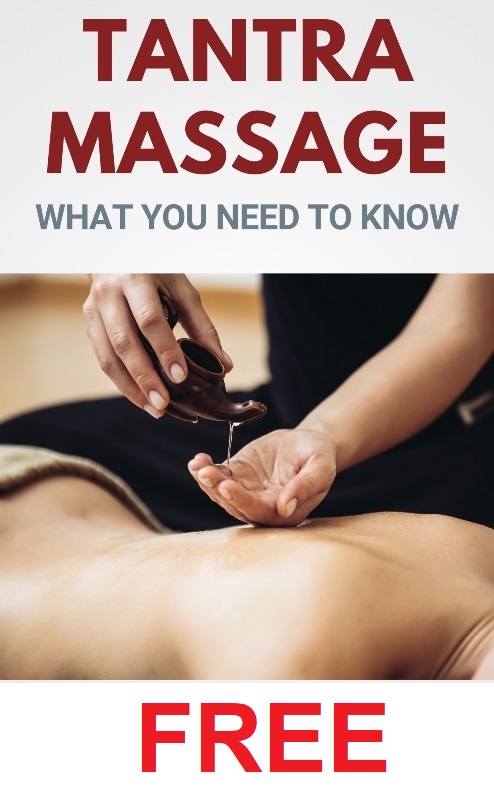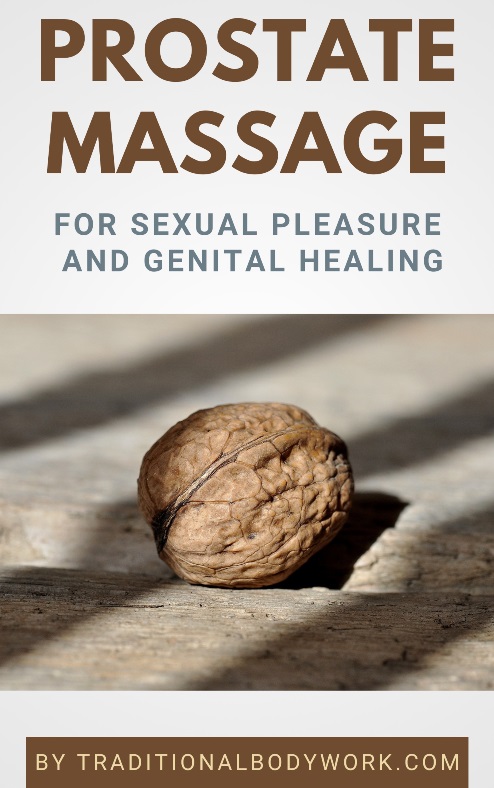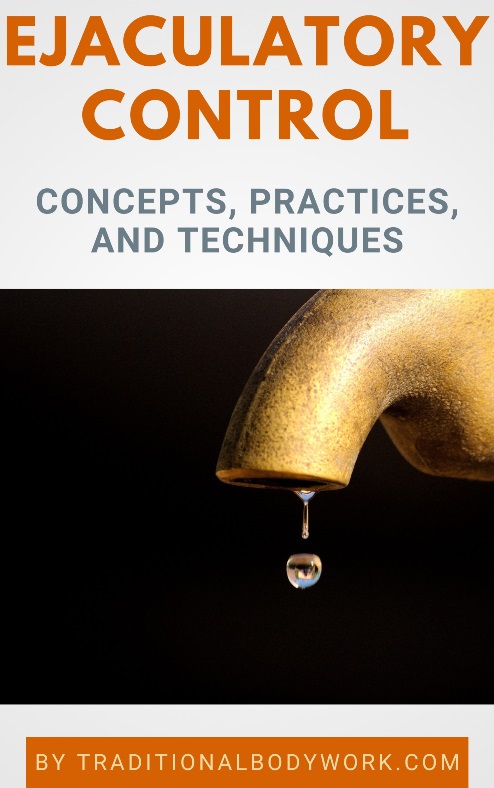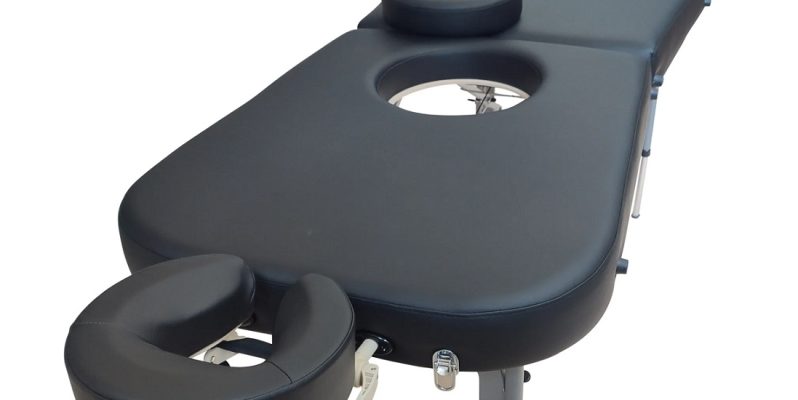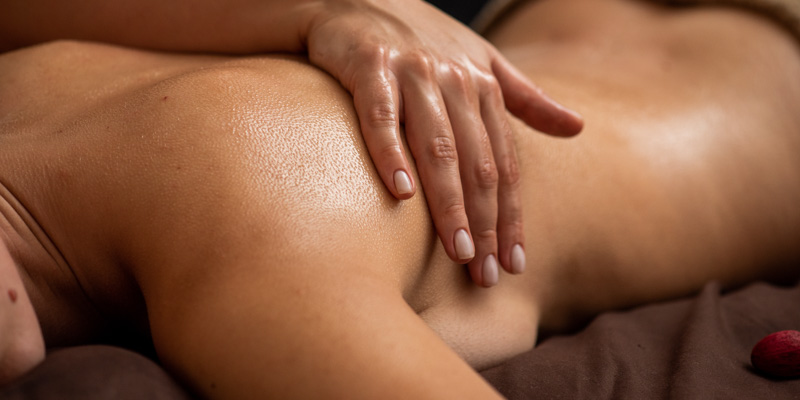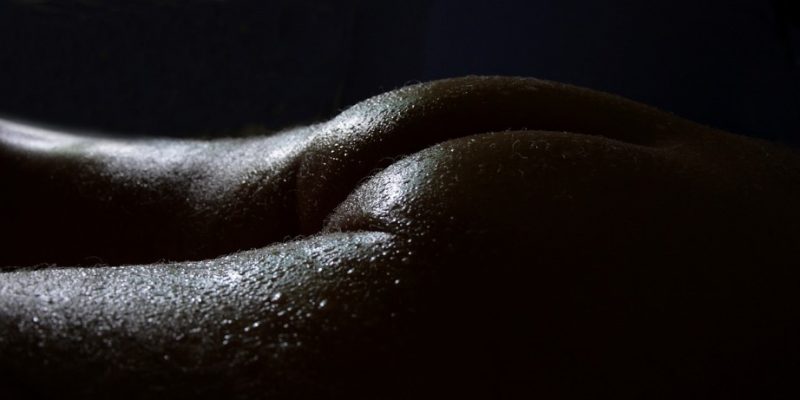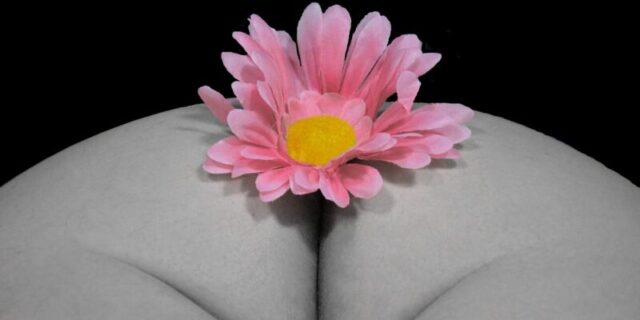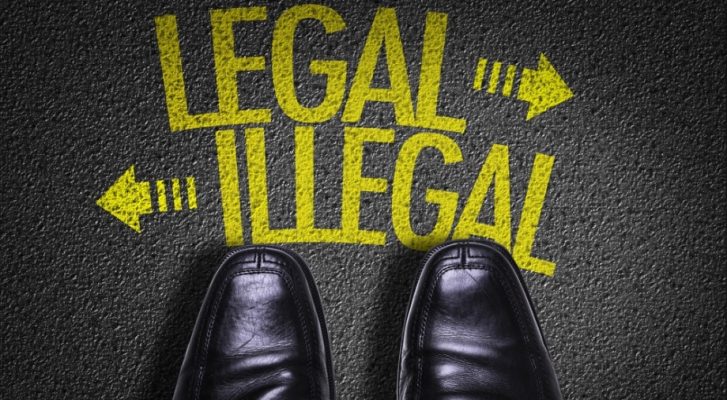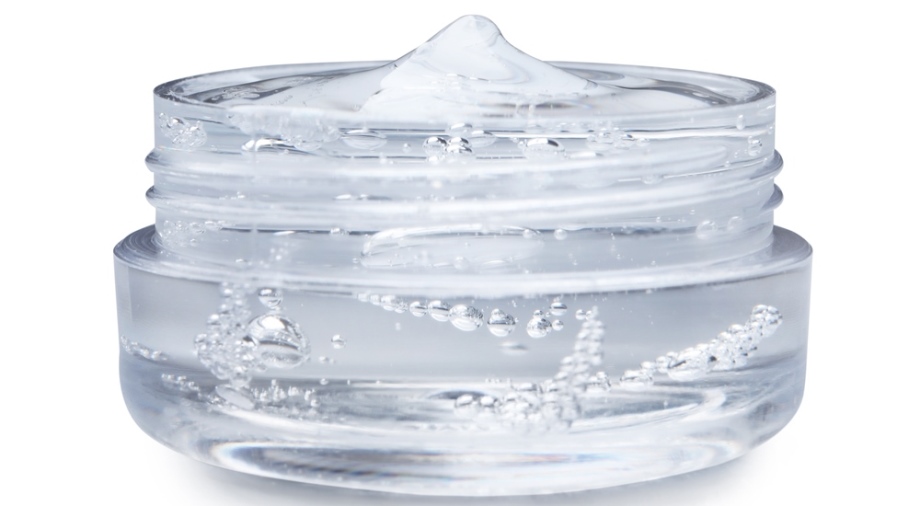
In this article, we provide you with an overview of precautions and contraindications you need to take account before having a Nuru Massage.
Nuru Massage is one of the most popular sensual erotic massage treatment modalities. It’s a nude body-to-body massage in which the giver slides and glides with their body across the entire body of the receiver, using slippery Nuru gel to facilitate smooth movements and to heighten the sensual erotic experience.
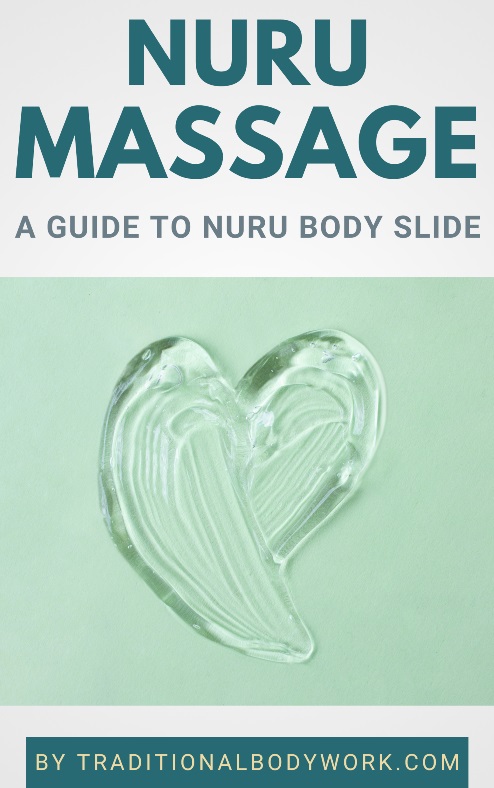
Nevertheless, as is the case with any massage modality, certain physical or mental characteristics of the receiver may ask for caution, may exclude certain body parts of being massaged, or sometimes even impede having a massage at all.
At any rate, before starting a Nuru Massage session, the masseur/masseuse should always ask you about your mental, emotional, and physical condition, and medical history. If they don’t or don’t ask the right things, it’s important that you are knowledgeable enough about important precautions and contraindications (notably those that could affect you personally or hurt you if not taken into account) and inform the masseur/masseuse of those.
It’s important that this information is given beforehand so that the Nuru Massage practitioner knows how you should be approached, and what procedures and techniques can or cannot be applied, and if there needs to be extra attention with certain parts of your body, or if there’s need to avoid working with certain body parts. As already mentioned, it may even turn out that a session is not recommended.
Yet, in general, a Nuru Massage can be given to any healthy person. Of course, the length of the session and the techniques applied will depend on your needs, abilities, and/or capabilities.
So, below then the list of massage precautions and contraindications. Mind that these include general massage therapy indications, but also those that specifically apply for Nuru Massage.
Precautions for Nuru Massage
- As older persons are more likely to have osteoporosis (porous and fragile bones), extra care needs to be taken not to put too much pressure on the bones and articulations. This counts as well for anybody else having osteoporosis.
- Caution needs to be observed if you have diabetes, heart diseases, built-in cardiac equipment, asthma, high blood pressure or having had a (cerebral) stroke in the past. All techniques that raise blood pressure substantially should be avoided. Arterial compressions shouldn’t be performed at all.
- Massage should not be done on tired or sore muscles.
- Massage around the ears, the temples, under the armpits, behind the knees, the knees, under the chin, the eyelids, on the crown of the head, and internally (vaginal and rectal) should be done gently.
- Massage should not be applied on the bones, the collar bone (clavicle), the spinal column, or the elbow line. Nevertheless, with Nuru Massage which rather “glides and slides,” soft tissue (for instance, the female breasts or buttocks) may slide gently over bones (such as the spinal column or the shins, for instance).
- Massage should not be applied on inflammations or swollen areas, on skin infections or skin problems, on the blood vessels of the neck (carotid artery), on or directly around broken bones, a surgical area, ulcer, or wound.
- Massage should not be applied on areas with dermatitis, arthritis, phlebitis. Massage around the area is permitted though.
- No massage, stretching or pressure should be applied on areas where you have artificial joints or (transplanted) organs.
- No massage should be done on/in the abdominal area if you have just finished a meal, or have serious stomach or intestinal problems.
- No spinal twists (torso twists) should be applied when you have problems with the vertebral column, like bulging, slipped or broken disks, or hernias.
- No massage or rubbing should be done or strong pressure given on “thin skin.”
- No massage should be done directly on varicose veins.
- No massage should be done on (organ or vertebral) hernias, neither forcible actions applied to push them back in their original position.
- The therapist should be informed if you are allergic for certain ingredients that may be used in Nuru gel, oils, decoctions, creams, lotions, and balms.
- Nuru gel should be tested first on a patch of skin to check for possible allergic reactions.
- Oil is not compatible with latex (mind that water-based Nuru gel without oils is no problem). If you rely on latex condoms for safe sex and oil has been used, first take a shower after the Nuru session before moving on to sex. Alternatively, you can use polyurethane condoms, which can handle oil-based lubricants.
- The therapist should be informed if you have any active infections.
- If you take a shower after the session to wash Nuru gel off your body mind to be careful because Nuru gel that falls on the floor of the shower cabin gets slippery again and poses a risk of gliding and subsequently falling.
Contraindications for Nuru Massage
- If you are pregnant you shouldn’t have a Nuru Massage.
- Don’t use Nuru gel as lubricant for intercourse. Although usually body-safe, it’s safer to use lubricants that are specifically designed for sexual intercourse.
- You shouldn’t take a session if you have an STD, STI, including dormant HSV (herpes), or chronic yeast infections or thrush (fungal infection).
- No session should be given if you are in an emotionally or physically abusive relationship (it’s advised to first seek other professional help).
- Sessions should not be given when you are drunk or when you have a fever.
- No session should be taken if you have been diagnosed with having a mental disorder.
- Sessions should not be given if you have an active cancer, have had an internal operation in the six months preceding the session, or if you had a relatively severe accident in the past 72 hours.
- If you have an infectious disease, like a flu, diphtheria, tuberculosis, you shouldn’t be given a session, because the therapist exposes him or herself to an infection. This goes of course also the other way around.
- No session should be given if you suffer from severe vaginal, uterus, testicles, prostate, or rectal pain and have never seen a medical professional.
- No massage should be given if you have been sexually abused and have never seen a medical professional or a therapist before the session.
- Massage is not advised if you are less than six months postpartum.
- No massage should be given if you have endometriosis, if you are bleeding, self-harming, or rushed.
- It’s not advised to take a session if you are going through an extremely stressful time in your life.
Apart from the above mentioned precautions and contraindications, we’ve also published a shortlist (with explanations) of safety aspects that specifically apply for Nuru Massage. You may read our article Nuru Massage Safety Precautions to know more about those.
Receive occasional news about our new eBook and Video Workshop publications.

